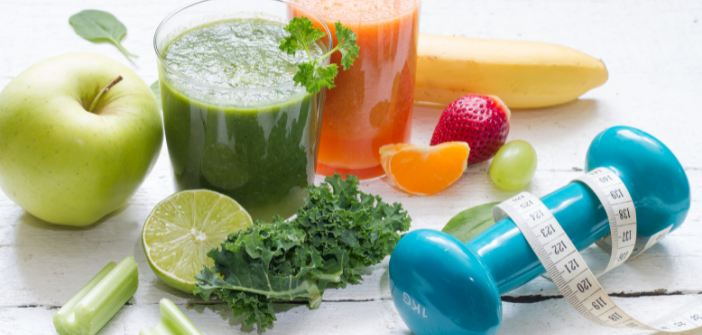A diet too high in bad cholesterol exposes you to cardiovascular risks and other health problems. To avoid reaching this stage, there aren’t many solutions. Monitoring your diet is essential, and you need to exercise. Here are, in five points, an anti-cholesterol diet you can adopt.
Eat a Variety of Foods
To stay healthy, you need to eat at least 5 fruits and vegetables a day. This phrase is familiar to us because we hear it often. However, sometimes we remain indifferent to applying it in our daily lives. It is important to eat a variety of foods as part of an anti-cholesterol diet. Fruits and vegetables contain a significant amount of vitamins and minerals. They have an excellent ability to protect you from various diseases.
In addition to fruits and vegetables, there are also sugars, fats, and proteins. When choosing foods containing these elements, make sure to eat only healthy ones. Also, ensure not to overindulge to achieve the expected result of a real anti-cholesterol diet. Find recipe ideas on the Cooking Journal website that you can prepare to eat healthily.
Prioritize Unsaturated Fatty Acids
Unsaturated fats have a positive effect on the functioning of our organs. They can reduce the level of LDL cholesterol in our body. This explains the important role they play in an anti-cholesterol diet. These fatty acids help you avoid many health problems, including inflammatory reactions, cardiovascular diseases, and blood pressure instability.
Unsaturated fatty acids are found in vegetable oils: olive, sunflower, soybean… They are also found in fish in the form of omega-3s.
Beware of Saturated Fats
Heart disorders are often linked to a diet where saturated fatty acids are consumed excessively. It leads to an excess of oxidized cholesterol that deposits in the arteries and may result in vascular accidents that many people face each year. A woman should not consume more than 21 g of this fat per day, and for a man, the maximum level is 25 g.
In an anti-cholesterol diet, to avoid excessive consumption of saturated fats, limit the amount of fatty meats and deli meats in your meals.
Engage in Physical Exercises
Regular physical activities have a positive effect on our health in general, but they are especially directly related to treating a cholesterol problem in humans. Indeed, regular sports practice increases the HDL or good cholesterol in our body. This, in turn, protects us from various diseases, including cardiovascular ones.
Regular exercise also reduces LDL or bad cholesterol, which leads to deposits in the arteries in the body, and the level of triglycerides. Regardless of the activity practiced, walking, running, swimming, or cycling, it is always important to do it regularly for at least 30 to 60 minutes.
Stop Smoking and Limit Alcohol Consumption
Quitting smoking also has a positive effect on an anti-cholesterol diet. Indeed, it increases the level of HDL in the body while the level of LDL does not change. This results in optimal protection of the ex-smoker against cardiovascular diseases.
As for alcohol, excessive consumption leads to an increase in the level of triglycerides in the blood, which in turn poses a danger to cardiovascular health in humans. It is recommended not to exceed 2 drinks per day to avoid this excess.


